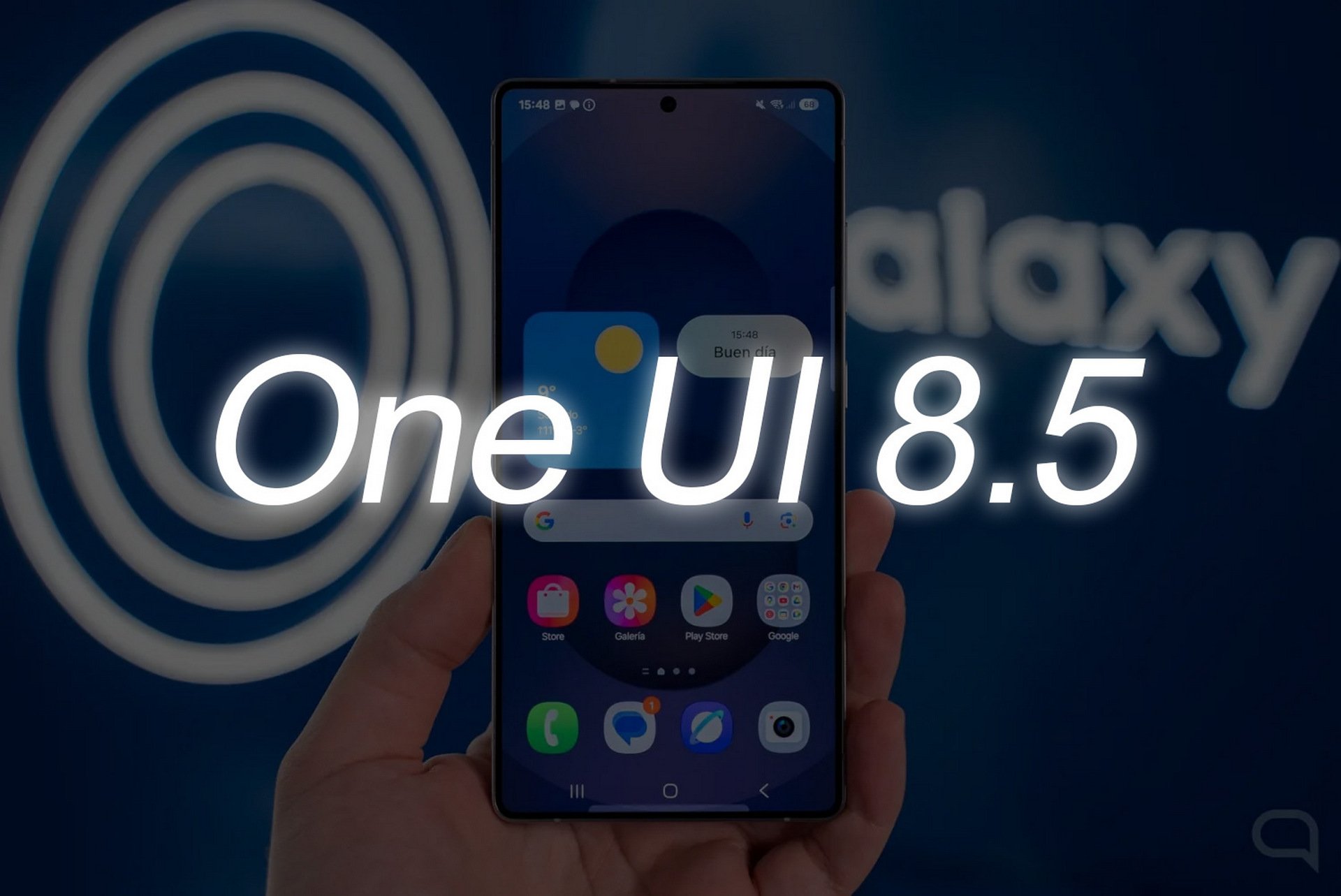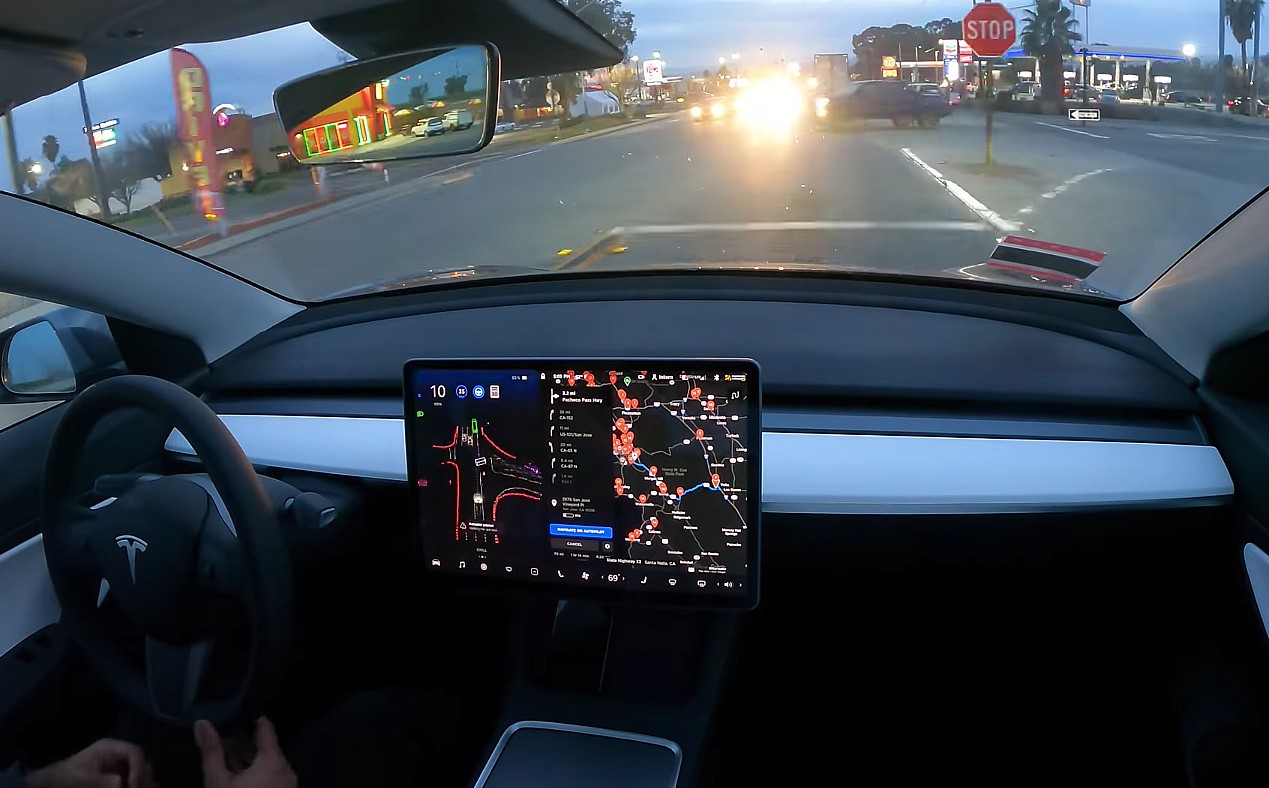Tesla was sued by aGerman Consumer Association. Vzbz has made two different allegations against the US auto giant: the first concerns an alleged exaggeration of the environmental benefits of electric cars, while the second, more serious, concerns the sentry mode of Tesla cars, which the association says is a privacy risk.
Misleading ad? ‘It is not true that Tesla contributes to the reduction of CO2’
Let’s start with the first. On its website, Tesla claims that those who buy its cars contribute to: reduction of CO2 emissions. Nothing to complain about, electric cars do not actually emit CO2, at least not directly. But Vzbz objects that have kept Tesla’s company afloat for years thanks to the sale of the green credits. European laws – but also American laws – each year grant companies a limit on the CO2 that their fleet is allowed to emit. With each registration of polluting vehicles, the car manufacturers reduce some CO2 from the maximum available. Those who exceed the limit have to pay fines, which can be very expensive.
But the same law provides that companies can dispose of their credit. It follows that a highly compliant car manufacturer – for example because it produces more electric cars than combustion engines – can sell its surplus credits to less virtuous companies. And Tesla does, of course. According to the consumer association, this would contribute to the CO2 emissions of other car manufacturers and therefore it would not be true that those who buy a Tesla car contribute to reducing emissions. It’s a rather curious pretext and it will be interesting to see if it holds up in Germany’s courtrooms. It’s not that far-fetched that Tesla will be forced to remove or amend the offensive phrase from its site.
The charge of violating privacy: ‘Sentry Mode is spying on passersby without their knowledge’
And then sentry mode, or Sentry Mode. It is a function that allows you to start the Tesla cameras when they are parked, this way the car can detect and film any attempts at vandalism. The Consumers’ Association states that the cars would take back passers-by without their knowledge, with the risk of serious injury. privacy violations. The latter accusation certainly rests on less slippery ground and threatens to cause more than a few problems for the manufacturer.
Again, a court could force Tesla to allow its cars to communicate with the outside world every time the cameras are activated. Until then, the judge could oblige the manufacturer to deactivate the function in Germany. These are just hypotheses, the question is still open and a Berlin court will make a decision.
Source: Lega Nerd











